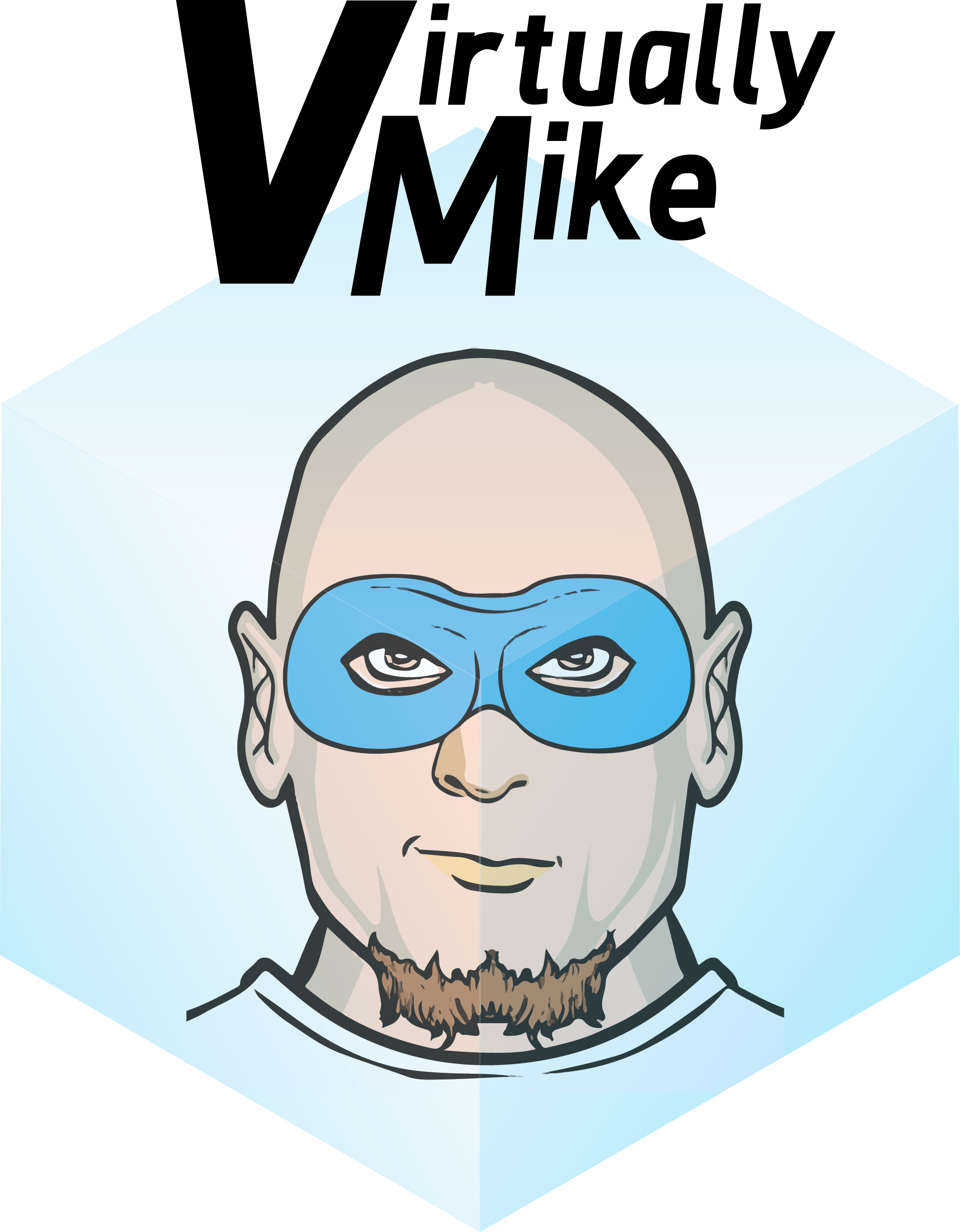Kim Delgado asked me the other day what I used to help my daughter learn how to code. What better way to use the VDM30in30 challenge than to write a post on just that. I am fortunate enough to live in an area that has a school program that uses the Hour of Code system. That is a great help and if nothing else gets the kids interested in coding. But if I wanted to reinforce it, so I used Tynker initially. Tynker has a free program that let’s kids build characters and levels for a 2D game that they build out. It’s a pretty fun way to get them goofing with If\Then commands and causal\effect relationships.
But then I am not someone who just sits back so I had to press it to see what the kids could do. After they both (daughter and son) built out games, we moved onto a couple of puzzle games, where you have to maneuver a monster through obstacles to get pieces of candy, this is another app on Tynker. I then stumbled upon a Lifehacker article on helping kids learn to code. Ipad games like Daisy the Dinosaur and Hopscotch are great tools to keep them interested, but seemed a little too little kidish for my 10 year old. Scratch is a learning program developed by MIT and is designed for 8-16 year olds. This was the one that my daughter really enjoyed.
Ok these are great but I needed to step it up this was all visual programming language which is cool, but what about the more abstract code bases. So we began to look at basic HTML and some Python. I had them build a simple Hello World page, and showed them how to put together a text based Python game.
What’s next? Well honestly I was hoping I could get some help on that, I am looking for a way to have my guest wifi network password changed weekly, and a puzzle, test or project requirement to learn the password. I have seen the chore for wifi pw pictures online, but what I really want to see is something that can make it a more fun way to learn and earn the online privilege. Anyone have any suggestions or ideas?

 Soccer is a game of speed and aggressiveness, especially at the youth levels. There is a great deal of strategy and mental awareness that goes into maintaining possession, playing the proper shape and moving the ball down the pitch. I coach youth soccer, two teams currently and I love every minute of it. I have also played soccer since I was a kid, and occasionally get involved in leagues as an adult.
Soccer is a game of speed and aggressiveness, especially at the youth levels. There is a great deal of strategy and mental awareness that goes into maintaining possession, playing the proper shape and moving the ball down the pitch. I coach youth soccer, two teams currently and I love every minute of it. I have also played soccer since I was a kid, and occasionally get involved in leagues as an adult. accepted the position. The position is exciting and will challenge me, but the team I am going to work on is what I am most excited about. It reminds me of the vSpecialist team that I am leaving in a lot of ways, a bunch of type A, go getters, who work together, and understand and love community. I couldn’t be more excited, I have to thank everyone at EMC who made my time here memorable and have taught me so much. I hope to remain in touch and to see you all at the various community events.
accepted the position. The position is exciting and will challenge me, but the team I am going to work on is what I am most excited about. It reminds me of the vSpecialist team that I am leaving in a lot of ways, a bunch of type A, go getters, who work together, and understand and love community. I couldn’t be more excited, I have to thank everyone at EMC who made my time here memorable and have taught me so much. I hope to remain in touch and to see you all at the various community events.